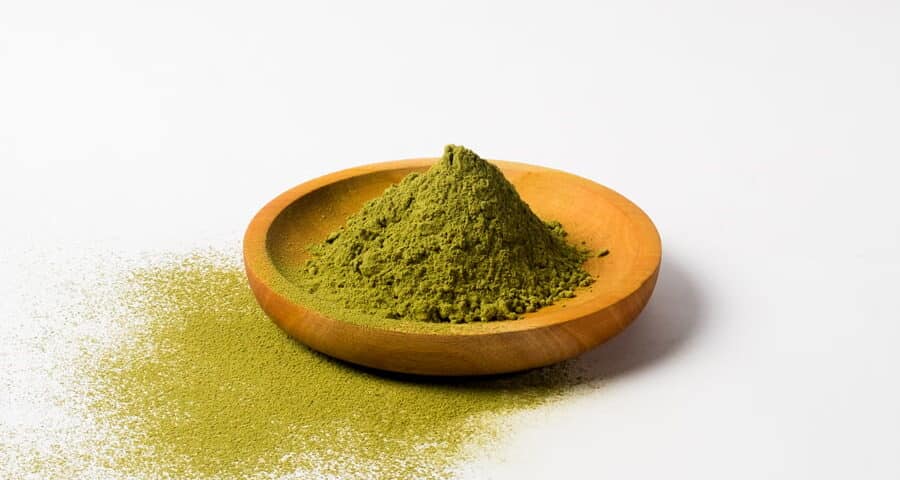
4 Benefits of Using Homemade Kratom Soap
January 17, 2020
This Bill May Regulate Kratom in Oregon in 2020
January 29, 2020Due to the increasing popularity of kratom both among the population as well as in the media, many people wonder whether kratom is a controlled substance.
Is Kratom a Controlled Substance?
In the United States, kratom is not a controlled substance on a federal level. It is legal in most states. Moreover, there is a growing interest in regulating it to ensure that buyers have access to pure and unadulterated kratom products.
However, a few US states, as well as other locations such as counties, towns, and cities have banned kratom and labeled it as a controlled substance.
Where Is Kratom a Controlled Substance?
As of January 2020, kratom is a controlled substance in the following locations across the United States:
- Alabama,
- Arkansas,
- Indiana,
- Rhode Island,
- Vermont,
- Wisconsin,
- Sarasota County in Florida,
- San Diego City in California,
- Jerseyville and Alton Towns in Illinois,
- Franklin Town in New Hampshire,
- Monument and Parker Towns in Colorado, as well as
- Over 30 towns and counties in Northern Mississippi.
In many of these locations, kratom has been banned on the premise that it is a synthetic drug or an opioid or based on inconclusive reports.
Some states such as Wisconsin and Rhode Island may be reconsidering their decision and reversing the ban, replacing it with the Kratom Consumer Protection Act.
The KCPA and Regulating Kratom
Despite the growing interest in kratom, the FDA does not regulate it. More trustworthy vendors lab-test their kratom and discard bad kratom. Yet, there are also those who claim they do, but don’t actually do it. As a result, you may come across vendors who’ve needed to recall their products.
Therefore, there is still a risk of buying contaminated, adulterated, fake, or low-quality kratom from unreliable vendors.
The American Kratom Association (AKA) is determined to change that. Since there are no regulations on a federal level, the AKA is meeting with legislators in individual states to promote the Kratom Consumer Protection Act (KCPA).
The KCPA is a bill that contains a set of regulations that require testing and labeling kratom products as well as enforcing fines or incarceration for selling, manufacturing, and distributing contaminated or adulterated kratom.
Utah was the first state to pass it, followed by Arizona, Georgia, and Nevada, the state where we, Kraoma, are based. As a result, buying kratom in these states or from vendors in these states is a lot less risky than from vendors elsewhere.
Studies on Kratom
Despite being often touted as a dangerous opioid or opioid-like drug, kratom gets lots of interest not only from buyers but also from the authorities.
The National Institute of Drug Abuse (NIDA) granted a team of chemists from the University of Florida College of Pharmacy two grants to study kratom alkaloids and their properties. The grants are worth nearly $7 million.
This team is lead by Dr. Christopher McCurdy, one of the first medical professionals to research kratom in the United States.
The results of his research may determine the future of kratom legality in the United States.
The legal status of kratom in different locations can change at any given time; so, please refer to a more extensive post on kratom legality.






